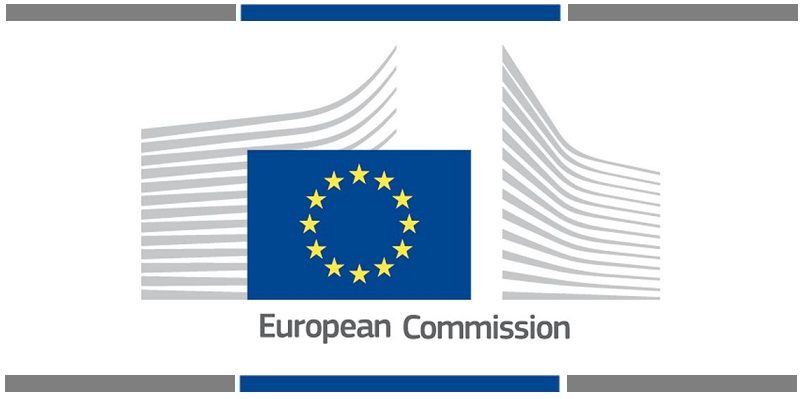Commission provides guidance under Digital Markets Act to facilitate development of innovative products on Apple’s platforms

EU orders Apple to provide iPhone NFC access to third-party connected devices
The European Commission adopted two decisions under the Digital Markets Act (DMA) specifying the measures that Apple has to take to comply with certain aspects of its interoperability obligation.
Interoperability enables a deeper and more seamless integration of third-party products with Apple’s ecosystem. Interoperability is therefore key to opening up new possibilities for third parties to develop innovative products and services on Apple’s gatekeeper platforms. As a result, a wider choice of products will be available to consumers in Europe which are compatible with their Apple devices.
The Commission is assisting Apple in its compliance by detailing the measures needed for enabling interoperability with iOS for third-party connected devices and by streamlining the process put in place by Apple to handle future requests for interoperability with iPhone and iPad devices.
Connected devices
The first set of measures concerns nine iOS connectivity features, predominantly used for connected devices such as smartwatches, headphones or TVs. The measures will grant device manufacturers and app developers improved access to iPhone features that interact with such devices (e.g. displaying notifications on smartwatches), faster data transfers (e.g. peer-to-peer Wi-Fi connections, and near-field communication) and easier device set-up (e.g. pairing).
As a result, connected devices of all brands will work better on iPhones. Device manufacturers will have new opportunities to bring innovative products to the market, improving the user experience for consumers based in Europe. The measures ensure that this innovation takes place in full respect of users’ privacy and security as well as the integrity of Apple’s operating systems.
Effective process for interoperability requests
The second set of measures improves the transparency and effectiveness of the process that Apple devised for developers interested in obtaining interoperability with iPhone and iPad features. It includes improved access to technical documentation on features not yet available to third parties, timely communication and updates, and a more predictable timeline for the review of interoperability requests.
Developers will benefit from a fast and fair handling of their interoperability requests. The measures will accelerate their ability to offer a wider choice to European consumers of innovative services and hardware that interoperate with iPhones and iPads.
The final measures set out in the two specification decisions follow an extensive engagement with Apple and input provided by third parties as part of the public consultation, launched on 18 December 2024.
Next Steps
The specification decisions are legally binding. Apple is required to implement the specified measures in accordance with the conditions of the decisions. The specification decisions set out the timing for the implementation of the specified measures and the steps that Apple must take. As always, these decisions fully respect Apple’s rights of defence and remain subject to independent judicial scrutiny.
Background
The DMA aims to ensure contestable and fair markets in the digital sector. It regulates gatekeepers, which are large digital platforms that provide an important gateway between business users and consumers, whose position can grant them the power to create a bottleneck in the digital economy.
Apple was designated as a gatekeeper of two core platform services, namely the iOS and iPadOS operating systems, by Commission decisions of respectively 5 September 2023 and 29 April 2024. Under the DMA, gatekeepers, such as Apple, must provide developers with free and effective interoperability with hardware and software features controlled by or accessed via its operating systems.
The specification proceedings clarify how an obligation should be implemented to ensure compliance. They do not assess the gatekeeper’s compliance or otherwise with the DMA. Specification proceedings and non-compliance investigations are two distinct tools at the disposal of the Commission, which have different purposes. Unlike non-compliance cases, specification proceedings define how obligations should be met rather than sanctioning breaches of the DMA. Therefore, specification proceedings do not provide for the imposition of fines.
The Commission opened two such specification proceedings on Apple’s compliance with the DMA interoperability obligation on 19 September 2024. Subsequently, on 18 December 2024, the Commission communicated its preliminary findings to Apple and published the proposed measures inviting third parties to provide feedback.
Dariusz Mazurkiewicz – CEO at BLIK Polish Payment Standard
Banking 4.0 – „how was the experience for you”
„To be honest I think that Sinaia, your conference, is much better then Davos.”
Many more interesting quotes in the video below:









